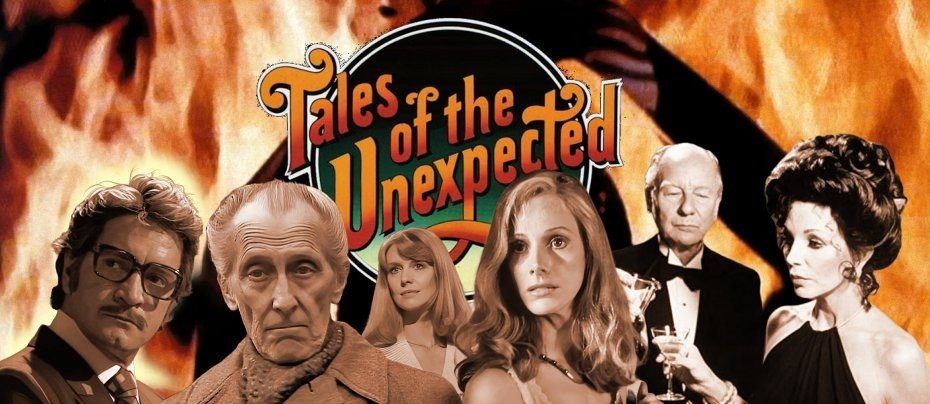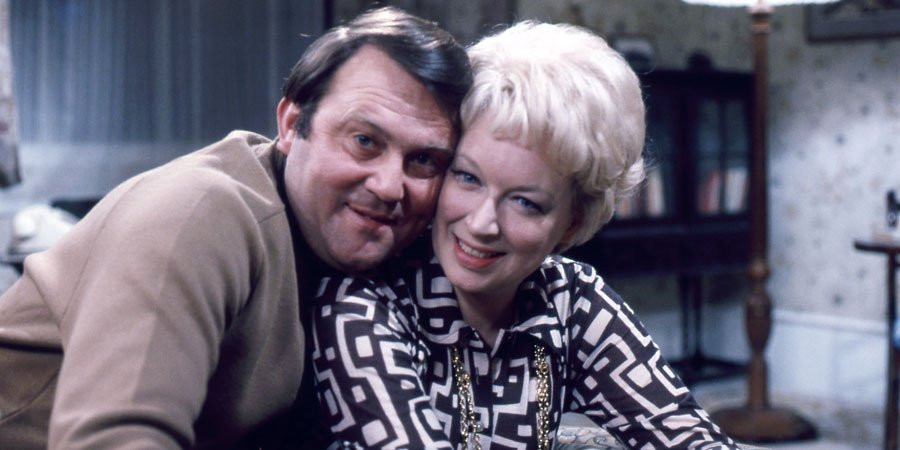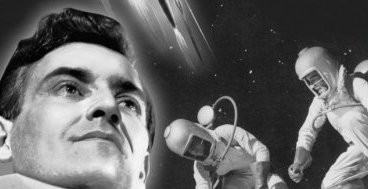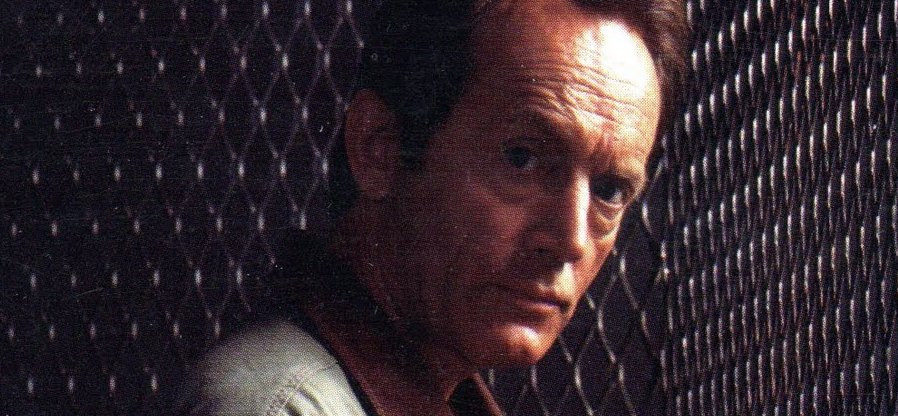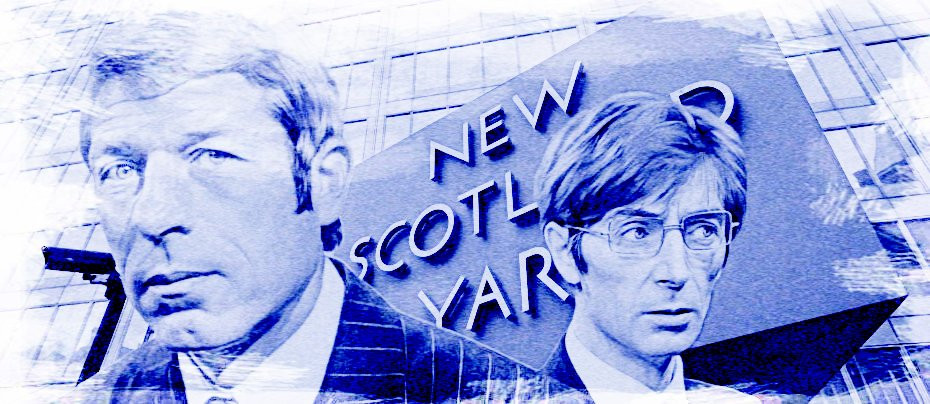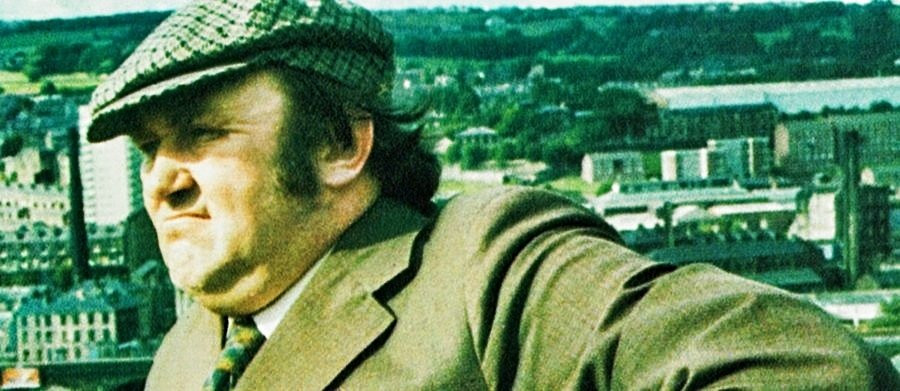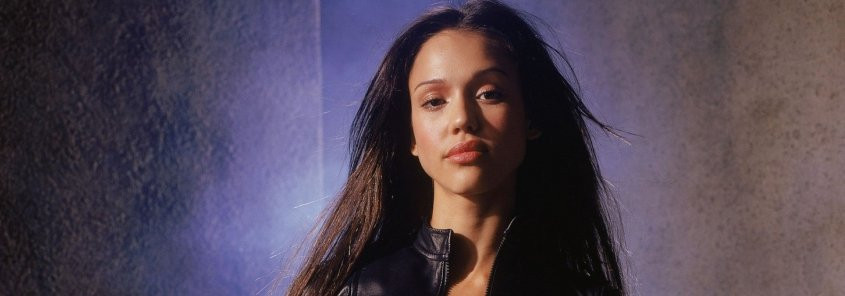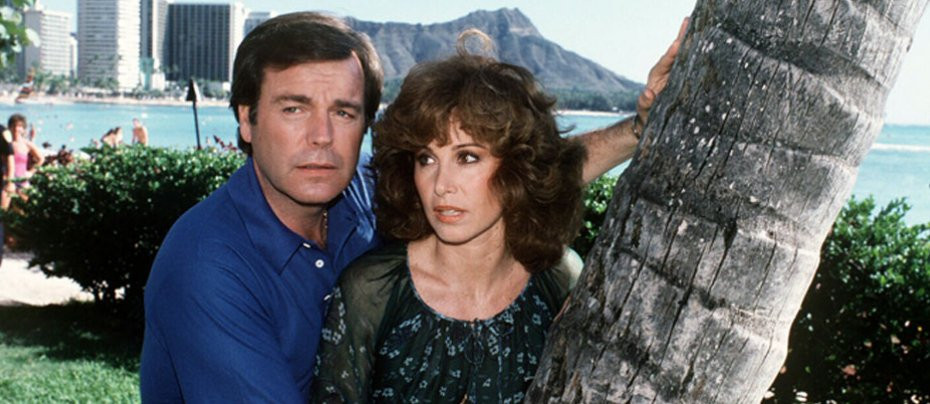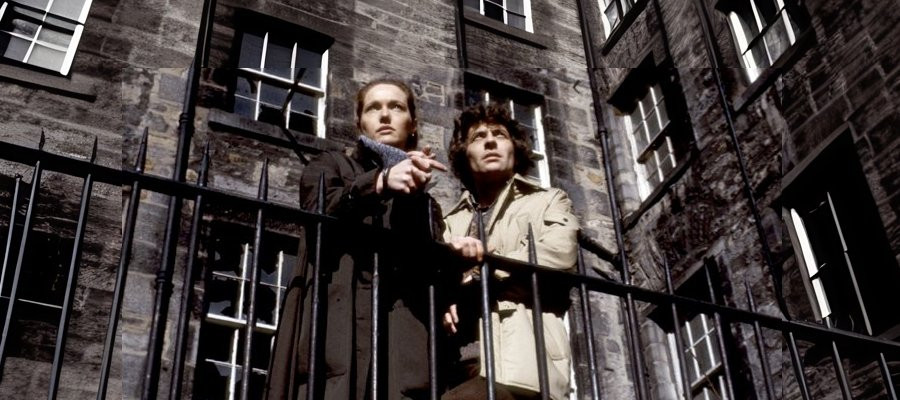
The Omega Factor
1979 - United KingdomA Chilling and Underrated Pioneer of Paranormal Drama
Long before The X-Files brought conspiracies and the paranormal into the mainstream, British television quietly launched its own cerebral and unsettling take on psychic investigation with The Omega Factor in 1979. Produced by BBC Scotland and broadcast over a single, intriguing series, it offered a unique blend of supernatural suspense, science fiction and psychological drama, years ahead of its time.
At the heart of the story is Tom Crane, played with understated intensity by James Hazeldine, a journalist who discovers latent psychic abilities he’s possessed since childhood. When his wife dies in a suspicious car crash, an event seemingly orchestrated by sinister occultist Edward Drexel (Cyril Luckham in deliciously chilling form), Crane is drawn into the shadowy world of Department 7, a secret government agency tasked with exploring psychic phenomena.
Crane’s journey is as much personal as it is metaphysical. Grief-stricken and distrustful, he learns that Department 7 had been observing and manipulating him all along. Nevertheless, he agrees to join their investigations, partnering with the cool-headed physicist Dr Anne Reynolds (Louise Jameson) and the enigmatic psychiatrist Dr Roy Martindale (John Carlisle). Together, they probe the limits of human potential, delving into themes such as hypnosis, brainwashing, extra-sensory perception, telekinesis, and even demonic possession.
However, it’s Crane’s growing suspicion of a deeper, more dangerous conspiracy that lends the series its creeping sense of dread. He begins to suspect the existence of an organisation called Omega, a group intent on manipulating humanity through mass mind control. Whether this is real or a product of his own fragile psyche is left teasingly unclear, maintaining a sense of ambiguity that modern television still strives to emulate.
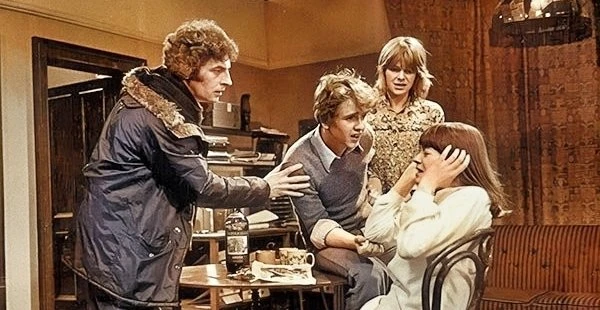
Shot almost entirely on videotape and filmed on location in Edinburgh, The Omega Factor exudes a stark, unsettling atmosphere. Its use of real locations grounds the more fantastical elements in an almost documentary-like realism. While the budgetary constraints are sometimes evident, the programme more than compensates with intelligent scripts, slow-burning tension, and a brooding score that lingers long after each episode ends.
The series did not escape controversy. It quickly drew the ire of the National Viewers and Listeners Association, with the ever-outspoken Mary Whitehouse labelling one episode “one of the most disturbing programmes I have ever seen on television.” Given the show’s exploration of possession, trauma, and the manipulation of the mind, it’s not hard to see why it ruffled moralist feathers in the late 1970s.
Despite a strong critical reception, The Omega Factor failed to attract a substantial audience and concluded after just 10 episodes. The final instalment did resolve several storylines but ended on a deliberately ambiguous note, hinting at a wider battle between Department 7 and Omega that was never realised. Creator Jack Gerson had already moved on to another series, The Assassination Run, and there’s little evidence to suggest a second season was ever seriously considered.

However, decades after its original broadcast, The Omega Factor found new life through a series of audio dramas produced by Big Finish, the acclaimed company known for reviving cult science fiction and genre properties. These audio adventures skilfully expand the universe of the original series, continuing the narrative threads while introducing new characters and scenarios. Louise Jameson reprises her role as Dr Anne Reynolds, now heading Department 7 in a more contemporary setting, as the organisation continues its battle against unexplained phenomena and the lingering threat of Omega. Blending atmospheric sound design with intelligent writing, the audio series not only honours the unsettling tone and philosophical depth of the original but also brings its chilling vision into the 21st century, proving that The Omega Factor remains as potent and relevant as ever.
In hindsight, The Omega Factor stands as an underrated gem of British genre television. While it may not have enjoyed commercial success, its influence is evident in later supernatural and psychological dramas on both sides of the Atlantic. Thoughtful, eerie and sometimes genuinely unsettling, it dared to ask big questions about human consciousness and the thin veil between science and the supernatural.
Seen this show? How do you rate it?
Seen this show? How do you rate it?
Published on May 29th, 2025. Written by Laurence Marcus for Television Heaven.


